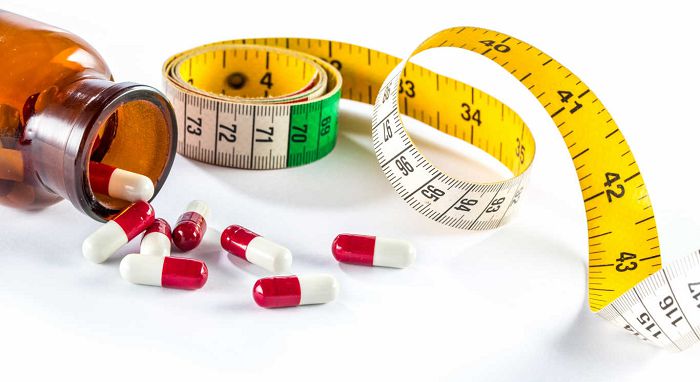
Public warned against self-medication
A biomedical scientist at the Noguchi Medical Research Institute, Dr Seth Addo, has advised the public against self-medication, saying it has both short and long-term adverse effects on their health.
He said it was easy for people to self-prescribe medicines for ailments but cautioned that such act might, unfortunately, end up with far more grave consequences. Dr Addo said even though disease symptoms might be similar, their diagnosis might be completely different.
He said people often self-medicated in their attempt to cut down cost in attending hospital and also for the sake of convenience but they invariably ended up with huge medical bills due to the consequence of their actions.
“Self-medication can result in dangerous consequences with concomitant health complications and in worse case scenarios one could even lose his or her life if the attempt should go wrong,” he warned.
Dr Addo gave the advice when he joined a medical team that was providing a health screening and counselling exercise to the residents of Boi, a community in Abokobi in the Greater Accra Region, last Saturday.
The exercise was dubbed: “Keep the hope alive’’, and was organised by a Non-Governmental Organisation, Rescue Me Foundation International (RMFI), to promote clean environment and to also sensitise the residents to the relevance of healthy living.
Similar symptoms
Dr Addo stressed that self-medication was also common because people thought symptoms of all diseases were the same and thus used a recommendation that worked for someone with a similar condition as theirs.
“People think headaches are the same and that feverishness is the basic symptom of malaria while all stomach upsets are the same, so once they have these, they self-medicate in their effort to treat them. In that way they rather compound their situation because diagnosis may indicate something far more serious than what they think they are suffering from,” he said.
He said ailments such as malaria, Q-fever and dengue fever produced similar symptoms such as fever and headache and one might feel feverish and go for a malaria drug thinking it is malaria when it is not.
Dr Addo said there were diseases that were similar and it was always risky to self-medicate under the circumstances.
“That is why it is important for people to go to the hospital and get tested before taking any drug. Self-medication is something we should avoid totally,” he stressed, and explained further that, “It is better to be tested and given the right drug than to go take any drug that would complicate your condition.”
Lifestyle diseases
Dr Kafui Gbewornyo, who was also with the medical team and is a consultant with Rescue Surgical Solutions, based in Washington in the United States of America, said most infections or diseases, including diabetes, were lifestyle diseases.
He said diabetes, for instance, though sometimes hereditary, usually resulted from eating too much carbohydrate.
“Taking too much carbohydrate is taking in a lot of sugar and diabetes is a sugar disease. Although sugar is good for the body, if you take a lot and you are not very active, walk a lot or exercise, you will become susceptible to the disease,” he explained.
